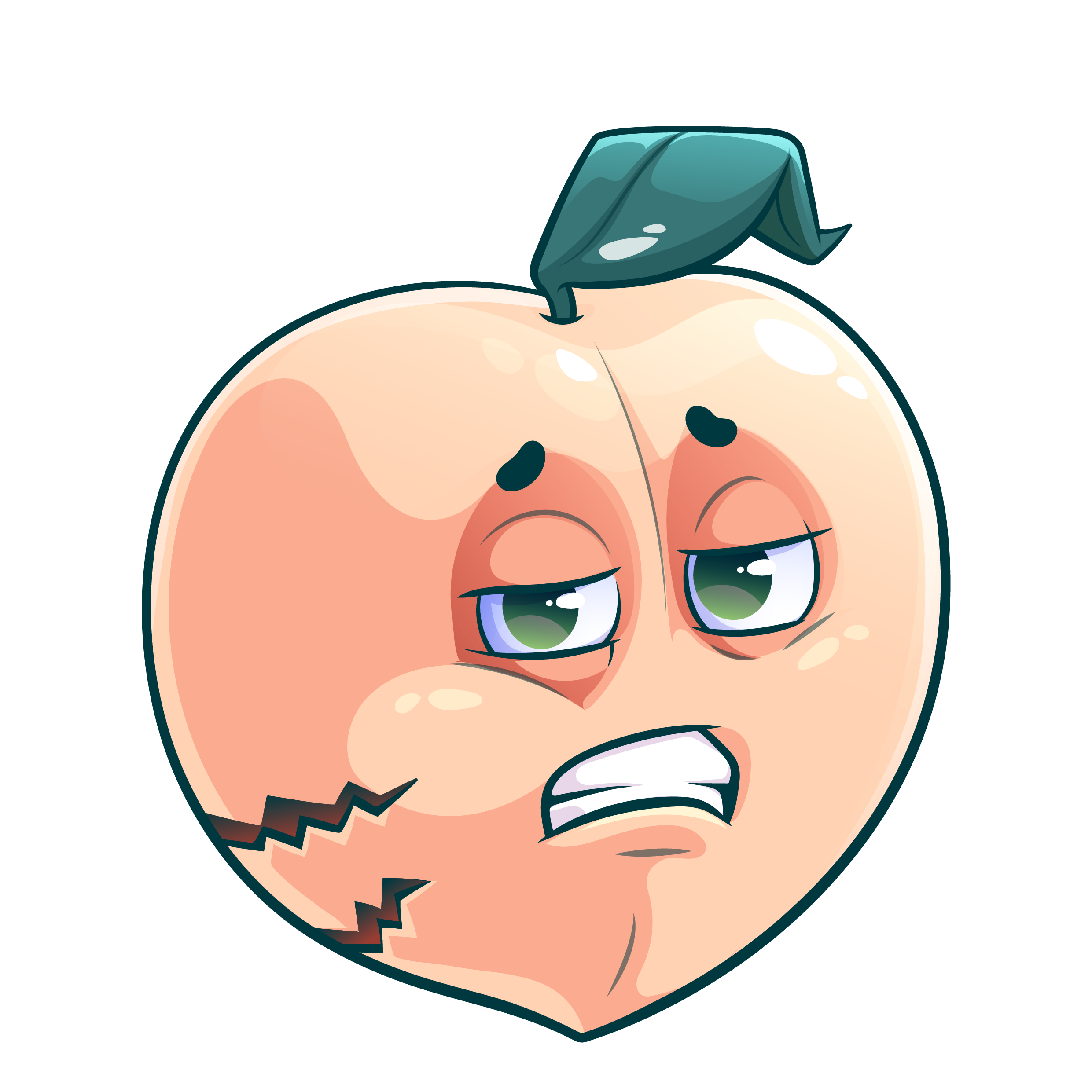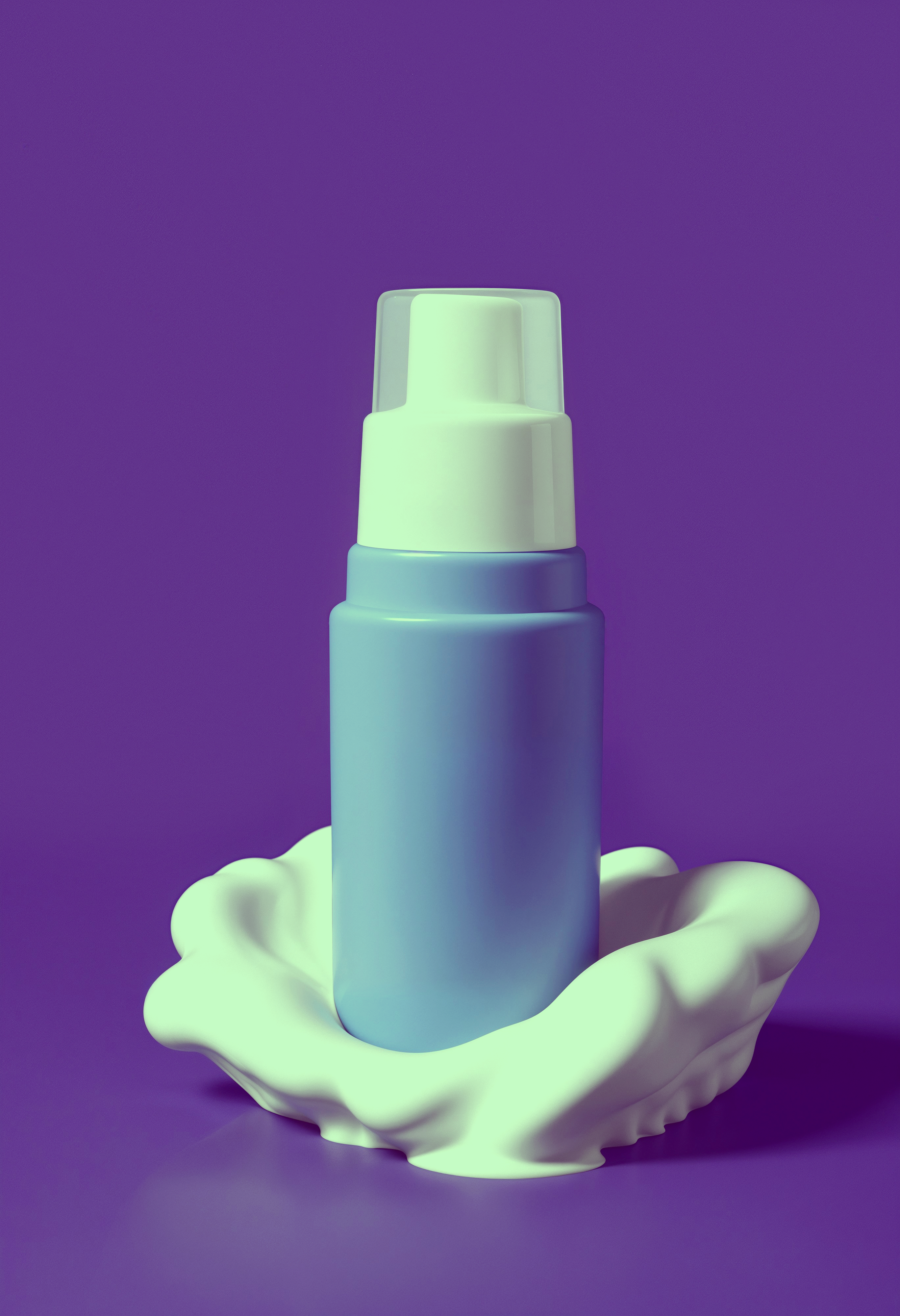Anal Fissure Solutions
Anal Fissure Info
An anal fissure is a small tear or cut in the lining of the anus, which is the opening through which stool passes out of the body. This condition can cause pain and bleeding during bowel movements.
Common causes of an anal fissure would be constipation, straining during bowel movements, anal receptive sexual intercourse, or stretching of the anal opening. FAQs

common symptoms
Pain With Bowel Movements
A sharp, burning pain during or after passing stool. The pain can best be described as a tearing sensation.
Bleeding Or Itching
Bright red blood on the stool or toilet paper when wiping. Discomfort and itching around the anus especially when sitting.
Visible Tears Of The Anus
In some cases, a small tear may be visible around the anal opening. Pain will be worse when clenching or stretching the anus.

Fissure Fix Cream
We want to get you healed fast! There are many things you can do at home to speed your healing. Increasing fiber intake through fruits, vegetables, and whole grains can help soften stools. Drinking plenty of water to keep stools soft. Over-the-counter medications can help make bowel movements easier. Sitting in warm water (sitz baths) can soothe the area and promote healing. For chronic or severe fissures, a surgical procedure may be necessary.
Creams or ointments prescribed by a healthcare provider can reduce pain and inflammation. Our Fissure Fix Peach Cream has been custom made to work safely and get you back to feeling 100% faster than over the counter remedies.
fissure fix peach cream
Our treatment combines two medications: Nifedipine and Lidocaine. Nifedipine is a calcium channel blocker that helps relax the smooth muscles in the anal sphincter, reducing spasms and improving blood flow to the area, which promotes healing. Lidocaine is a local anesthetic that provides pain relief by numbing the affected area.12
Some patients may experience mild irritation or a burning sensation at the application site. Rarely, allergic reactions such as rash, itching, or swelling may occur. If you experience these symptoms, discontinue use and contact your healthcare provider immediately.
- Perrotti, P., Bove, A., Antropoli, C., Molino, D., De Luca, E., Balzano, A. (2002). Topical nifedipine with lidocaine ointment vs. active control for treatment of chronic anal fissure: results of a prospective, randomized, double-blind study. Diseases of the Colon & Rectum, 45(11), 1468-1475. ↩︎
- Nelson, R. L., Thomas, K., Morgan, J., Jones, A. (2017). Non-surgical therapy for anal fissure. Cochrane Database of Systematic Reviews, (12), CD003431. ↩︎

